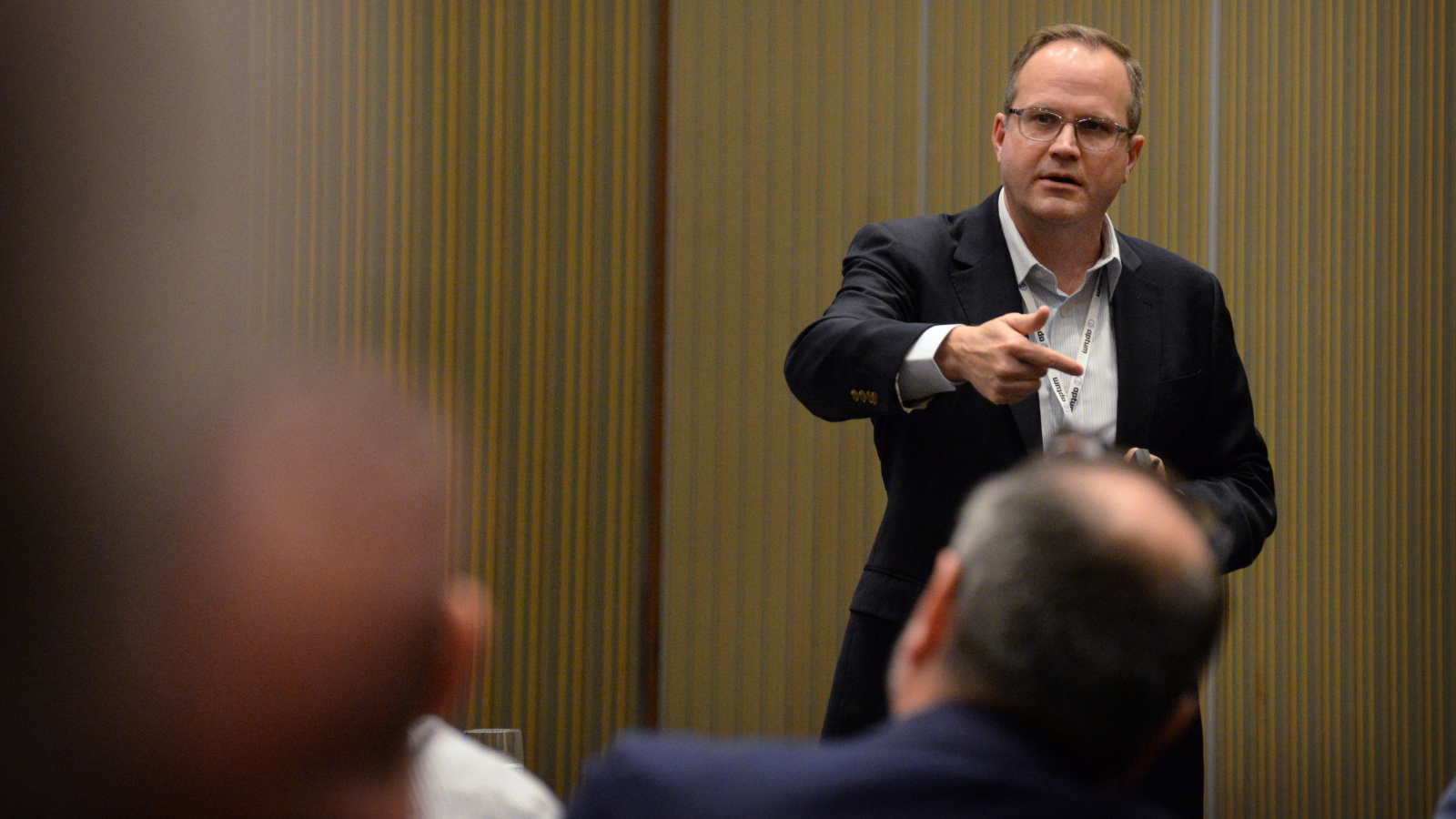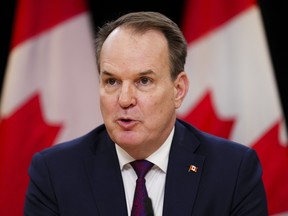Science
Technology Leaders Stress Ecosystem Importance for Adoption Success

Technology adoption hinges significantly on the ecosystem surrounding it, according to insights shared by Michael Lewis, Chief Technology Officer (CTO) at Management Controls. Speaking at the CIO Association of Canada Peer Forum in Ottawa, Lewis highlighted the critical role of collaboration among stakeholders in determining the success of technology implementations.
In his address, Lewis acknowledged a past mistake regarding a costly project, stating, “We spent nine months trying to make the right decision, and I got it wrong.” This admission underscores the reality that a single misstep in a complex ecosystem can derail technology adoption, wasting resources and diminishing trust. His experience emphasizes that success is not solely about technological features; it depends on whether owners, vendors, and users find value in the technology.
Structured Feedback Prevents Costly Mistakes
Lewis underscored the necessity of structured feedback mechanisms throughout the development process. He advocates for regular advisory board meetings, which help mitigate biases and ensure that ideas remain aligned with real-world needs.
He cited a specific example involving a mobile timesheet tool that appeared robust until customer testing revealed significant flaws. The advisory board’s critical feedback prevented the rollout of a product that would have failed in the market. “Without that checkpoint, we would have spent calories building a solution that wouldn’t have worked well,” he remarked.
This discipline is particularly vital given that nearly 40% of Lewis’s employees have previously worked as customers. While their insights are valuable, relying solely on internal perspectives can lead to overlooking essential external validation.
Learning from Failure and Embracing Innovation
Lewis spoke candidly about the inevitability of failure in the technology landscape. He recounted a nine-month evaluation of a reporting tool that ultimately had to be abandoned in favor of Power BI, which users preferred. During a challenging leadership meeting, Lewis explained the necessity of switching directions, stating, “We’re going to live with this solution for a really long time… unless I come in and tell you guys this and we switch, then we’re going to be living with this pain for years and years.”
This experience highlights a crucial lesson for Chief Information Officers (CIOs): sunk costs should not dictate the continuation of ineffective systems. The internal usage of software provided Lewis with the evidence needed to advocate for change.
Generative AI also plays a pivotal role in enhancing ecosystem efficiency. Lewis’s team developed a chatbot that allows vendors to access real-time support and query contract terms easily. This innovation addresses a common challenge in procurement, where necessary documents are often difficult to access. The chatbot has improved communication and reduced challenges stemming from high turnover among contractor roles, ensuring that critical information is readily available.
Transparency and Accountability in Contracting
The team found success in using AI to reevaluate traditional contracting methods. In one instance, a lump-sum project valued at $600,000 was initially estimated to take 10,000 hours of work. However, upon review, only 4,900 hours had been logged, effectively doubling the hourly rate for the project. This discrepancy underscored the need for oversight in procurement processes.
By leveraging generative AI to analyze contract language, workforce data, and industry benchmarks, Lewis’s team provided leadership with unprecedented transparency. “We’ve gone through and figured out that your blended rate should be $61 an hour, not $122.45,” he explained. This analysis empowered owners to challenge inflated costs and enabled vendors to demonstrate compliance with necessary regulations.
Lewis’s insights reflect the amplified risks and rewards inherent in technology ecosystems. For products to succeed, collaboration among various user communities is essential. CIOs must establish processes that identify friction points early, embrace failure as a learning opportunity, and ground new technologies in real-world challenges.
As Lewis aptly noted, “When you have an ecosystem-type product where it takes multiple user communities, the importance of these items gets amplified.” The takeaway for leaders is that implementing structured feedback mechanisms is not merely bureaucratic; it is a protective measure that enhances decision-making and strengthens trust within the ecosystem.
Ultimately, technology leaders must navigate complex landscapes where the margin for error is slim. Recognizing when to pivot from a failing strategy is crucial, as it can save teams years of frustration and reinforce the principle that evidence should take precedence over personal pride. Guardrails like checkpoints and structured feedback may slow processes, but they are vital for survival in environments where the cost of failure can escalate rapidly.
Digital Journal serves as the national media partner for the CIO Association of Canada.
-

 World3 months ago
World3 months agoScientists Unearth Ancient Antarctic Ice to Unlock Climate Secrets
-

 Entertainment3 months ago
Entertainment3 months agoTrump and McCormick to Announce $70 Billion Energy Investments
-

 Lifestyle3 months ago
Lifestyle3 months agoTransLink Launches Food Truck Program to Boost Revenue in Vancouver
-

 Science3 months ago
Science3 months agoFour Astronauts Return to Earth After International Space Station Mission
-

 Technology2 months ago
Technology2 months agoApple Notes Enhances Functionality with Markdown Support in macOS 26
-

 Top Stories1 week ago
Top Stories1 week agoUrgent Update: Fatal Crash on Highway 99 Claims Life of Pitt Meadows Man
-

 Sports3 months ago
Sports3 months agoSearch Underway for Missing Hunter Amid Hokkaido Bear Emergency
-

 Politics3 months ago
Politics3 months agoUkrainian Tennis Star Elina Svitolina Faces Death Threats Online
-

 Technology3 months ago
Technology3 months agoFrosthaven Launches Early Access on July 31, 2025
-

 Politics3 months ago
Politics3 months agoCarney Engages First Nations Leaders at Development Law Summit
-

 Entertainment3 months ago
Entertainment3 months agoCalgary Theatre Troupe Revives Magic at Winnipeg Fringe Festival
-

 Politics1 week ago
Politics1 week agoShutdown Reflects Democratic Struggles Amid Economic Concerns





















